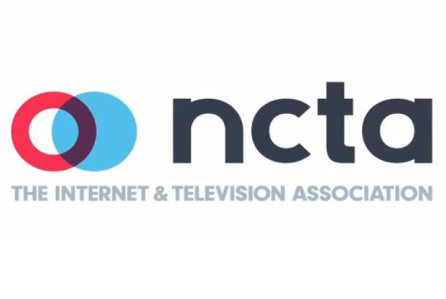 Dorothy Ayer said she was quoted a price of $69 a month for a package including landline phone and broadband service from Frontier Communications, but when she received her first bill, she claims she was charged $426.55.
Dorothy Ayer said she was quoted a price of $69 a month for a package including landline phone and broadband service from Frontier Communications, but when she received her first bill, she claims she was charged $426.55.
Ayer filed a class action complaint against Frontier Communications Sept. 12 in U.S. District Court for the Central Division of California, claiming the phone company regularly engages in unlawful, unfair, and deceptive business practices including false advertising.
Ayer claims Frontier promised her all installation charges, activation fees and other miscellaneous costs found on her first bill would be waived, but now that the bill is in her mailbox, the company wants to be paid in full.
The lawsuit asks the court to recognize the economic harm and injury done not only to Ms. Ayer, but to other similarly situated Frontier customers. The lawsuit claims Frontier Communications benefits from falsely advertising the prices of its services without properly informing customers of the many other charges the company levies on the first bill.
If Ayer is successful, Frontier will be forced to notify all affected customers and presumably refund or credit their accounts.
The case is being handled by attorneys Todd M. Friedman and Adrian R. Bacon of Law Offices of Todd M. Friedman PC in Woodland Hills, Calif.


 Subscribe
Subscribe The cable industry’s broadband Achilles’ heel has always been upstream speeds that are set much lower than download speeds. But the days of asymmetric cable broadband may soon be a thing of the past if CableLabs successfully defines a new Full Duplex extension for DOCSIS 3.1 — bringing symmetrical broadband speeds to cable companies across the country.
The cable industry’s broadband Achilles’ heel has always been upstream speeds that are set much lower than download speeds. But the days of asymmetric cable broadband may soon be a thing of the past if CableLabs successfully defines a new Full Duplex extension for DOCSIS 3.1 — bringing symmetrical broadband speeds to cable companies across the country. Stop the Cap! reader Gabe, a Time Warner Cable customer, recently decided to upgrade his service to Charter’s fastest internet plan in his area — Ultra/100Mbps. That upgrade stopped dead in its tracks when Charter Communications informed him there is a mandatory $200 “activation” fee for customers selecting 100Mbps service.
Stop the Cap! reader Gabe, a Time Warner Cable customer, recently decided to upgrade his service to Charter’s fastest internet plan in his area — Ultra/100Mbps. That upgrade stopped dead in its tracks when Charter Communications informed him there is a mandatory $200 “activation” fee for customers selecting 100Mbps service.
 The country’s largest cable industry lobbying group has decided to drop the word “cable” from its name, rebranding itself NCTA – The Internet & Television Association.
The country’s largest cable industry lobbying group has decided to drop the word “cable” from its name, rebranding itself NCTA – The Internet & Television Association.